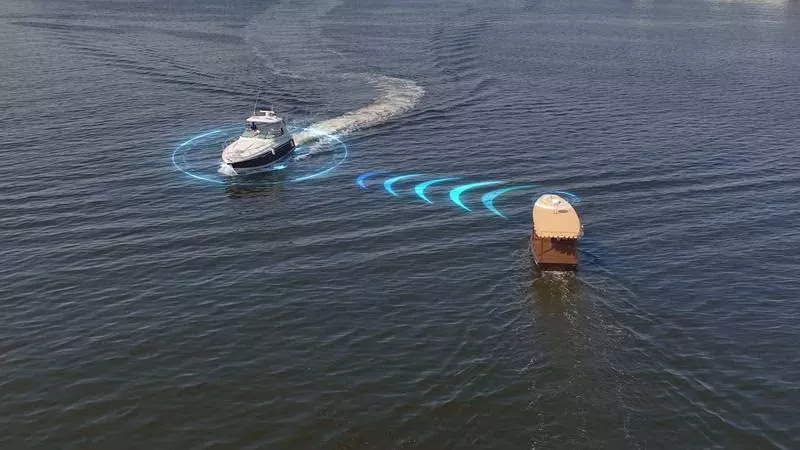Electric unmanned abras appear in Dubai

The trial of electric autonomous abras with a capacity of 8 passengers has been announced in Dubai by the RTA (Roads and Transport Authority). The unmanned electric vehicles were created at RTA’s Al Garhoud Marine Maintenance Centre and their design resembles the traditional mode of transport.

The first electric abra journey took place in Dubai Creek — from the Al Jaddaf Station to the Festival City Station. As Mattar Al Tayer, Director General and Chairman of the Board of Executive Directors of RTA, stated, the operation of electric abras is a step towards Dubai’s Strategy for Self-Driving Transport, which aims to make 25% of motorised rides in Dubai self-driving by 2030. He added that the new vehicle has features such as zero carbon emissions, 30% lower operating and maintaining costs, as well as being noiseless compared to diesel-powered models.
Two electric motors let the vehicle speed up to 7 knots, while 4 lithium batteries offer an operating time of 7 hours. Mattar Al Tayer noted that according to the Dubai Supreme Council of Energy requirements, electric abras contribute to Dubai’s plan to limit carbon emissions from public transportation.
The trial run resulted in the autonomous electric abra getting Level 4 status out of 6 possible levels in international ship design and operation. As Mattar Al Tayer stated, RTA will work on developing automated anchoring operations and emergency scenarios to reach Level 5 of the autonomy levels.
The master plan of the RTA is to fully develop marine transport. In 2022, the number of marine riders reached 16M. In Dubai Creek, 4 traditional abra stations are planned, including in Bur Dubai, Deira Old Souk, Dubai Old Souk and Al Sabkha. Moreover, the capacity of abra stations is expected to increase by 33% thanks to advanced technologies that reduce maintenance costs, improve lighting at stations and marinas, provide facilities for riders, etc.
Public transport in Dubai is in high demand among local residents and tourists. Therefore, in 2022, Dubai Metro served over 225M passengers, with over 2B riders since its opening in 2009.


